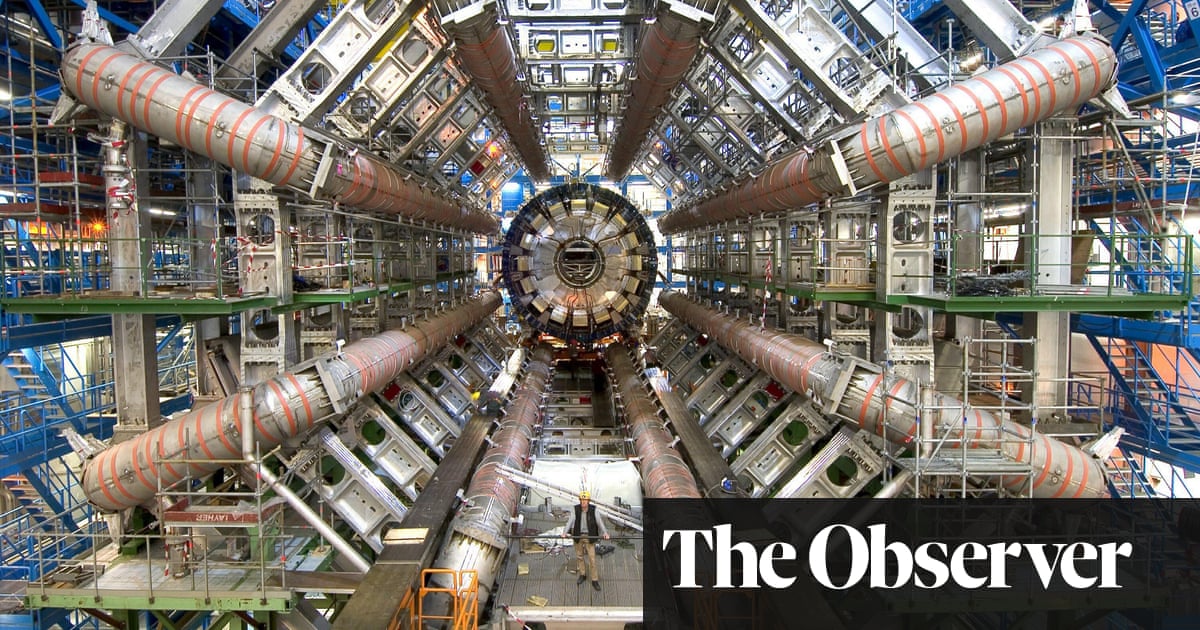LIVE SCIENCE (2022): "
Humans are arguably the most bizarre creatures in the animal kingdom. The proof is in the many gross, unnecessary, contradictory and simply inexplicable things we do." --
Humans: The Strangest Species
- - - - - - - - - - - - - - -
Are dogs the new children? How is dog ownership connected to declining birth rates?
https://www.eurekalert.org/news-releases/1078087
INTRO: In some countries, the number of dogs has increased so much that it now exceeds the number of children. While the emotional significance of dogs is clearly rising worldwide, it remains uncertain whether people are choosing to keep dogs instead of having children or whether other factors are driving this trend.
Professor Enikő Kubinyi, head of the Department of Ethology at Eötvös Loránd University (ELTE), has proposed a groundbreaking theory in one of the world's leading psychology journals. According to her, there is indeed a connection between dog ownership and declining birth rates — but not in the way we might think.
Many people consider their dogs to be family members, and some even place them above human relationships. While the number of dogs increases, human fertility rates are declining. "Even among parents, some value their dog more than any other person."
Nineteen percent of childless individuals and ten percent of parents valued their dog at least partially more than any human in a recent Hungarian survey. What could be the reason for this? Kubinyi’s theory,
published in Current Directions in Psychological Science, aims to explain this surprising phenomenon... (
MORE - details, no ads)
_



